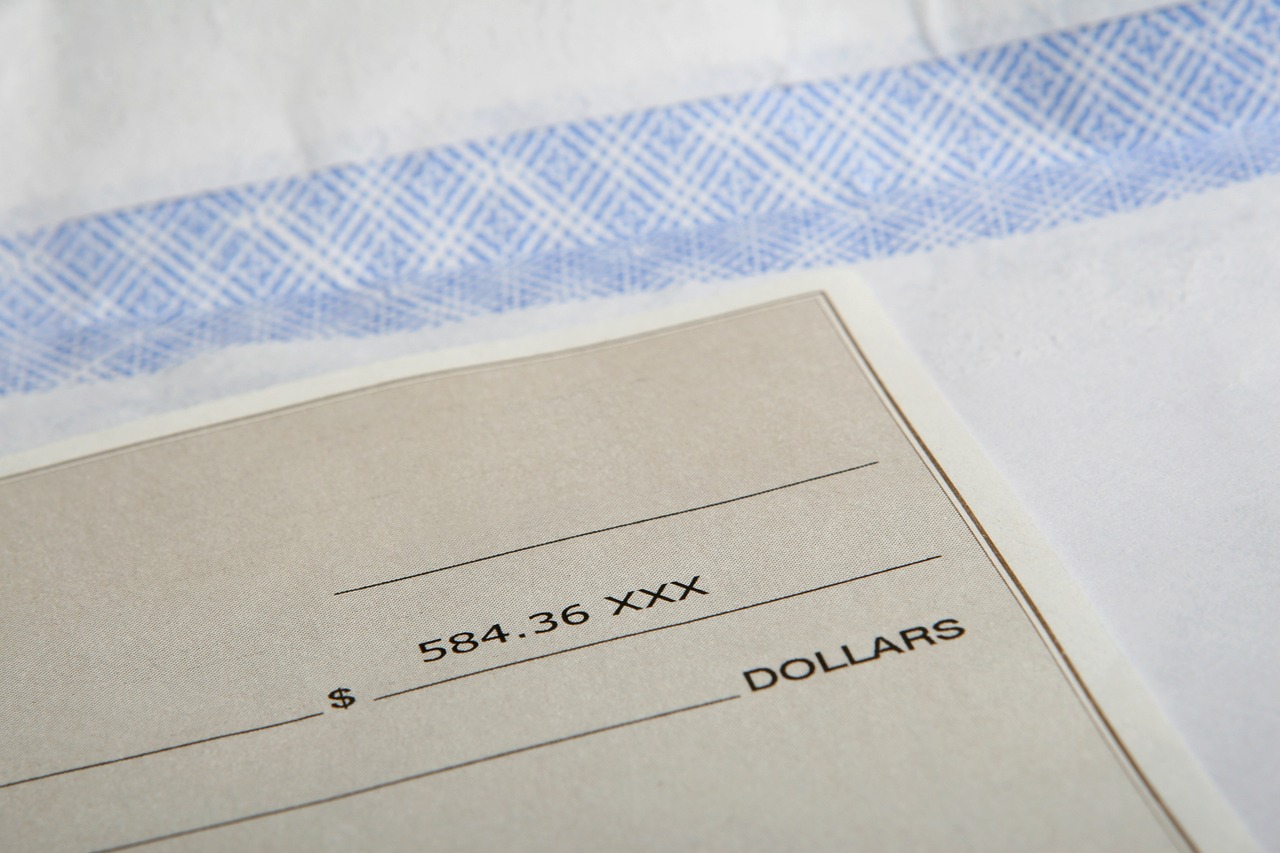The Federal Trade Commission (FTC) has issued a warning about a convincing fake check scam targeting college students.
Potential victims are offered part-time positions through seemingly authentic emails by scammers pretending to be professors. The FTC said these email addresses use a college domain name and a familiar format such as “your.name@collegename.edu.”
If you accept the job, scammers send a check which has to be deposited. You are then instructed to send some of the money to someone else while the remaining amount serves as payment.
However, the bank soon realizes that the check is fake and subtracts the original amount from your account. So if you receive and deposit $500 but send $100 to a third party, you lose $100 out of your own pocket.
Many people have been fooled out of their hard-earned cash because of scams like this, with the median loss in 2019 amounting to $1,988.
Avoiding Fake Check Scams
Fake check scams work because the counterfeit checks look legitimate enough to deceive bank employees. They are either professionally printed with the names and addresses of credible financial institutions or are real checks from identity fraud victims.
The money appears in your account because the law requires banks to make deposited funds available but it takes more time for them to ensure the validity of the check. Once they do though, they are within their rights to take the money back in its entirety.
To avoid falling for this trap, double-check with someone from your family or the bank. You should never send money to an employer or contact who sends you a check. It’s also important to remember that before following their instructions, sending gift cards or wiring money to someone else using a check is most likely a scam.



